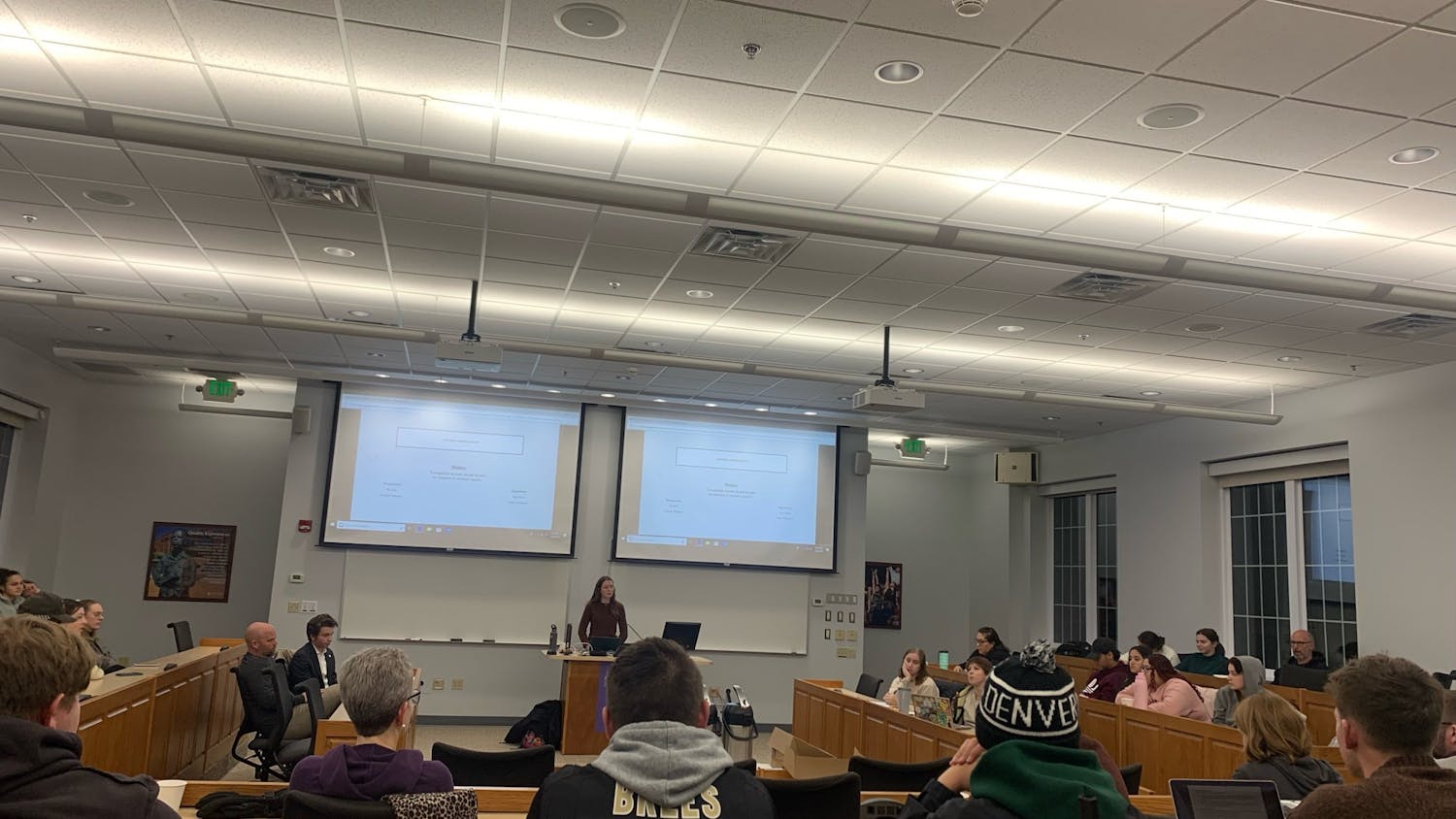After a brief hiatus due to the pandemic, Taylor University has rejoined the Campus Race to Zero Waste, a national competition in place since 2001.
Formerly known as RecycleMania, the name was changed in 2020 to better communicate the purpose of the competition.
The first competition was between two universities but has since grown to include over 1,000 institutions in the U.S. and Canada.
At Taylor, the Campus Race to Zero Waste has been less focused on intercollegiate competition. It has been framed as a dorm versus dorm challenge.
This was proposed by students and implemented to increase excitement for sustainability through healthy competition between rival dorms.
The goal of the competition is to raise awareness surrounding the amount of waste Taylor’s campus produces and encourage people to waste less.
Each dorm has a designated area to recycle materials and before it is sent off campus, a student will use a digital hanging fish scale to weigh the recyclables.
The winner is decided by calculating the percentage of waste that was diverted from landfills.
Even so, Philip Grabowski, assistant professor of sustainable development, said it is not a perfect system. Sometimes the recycled materials are taken away before a student can weigh them, but the hope is that the process will become more structured in the coming years with broader assistance through increased volunteers.
Aside from reducing waste, there is also a financial benefit to Taylor recycling.
According to Grabowski, Taylor spends between $20,000-40,000 per year on waste removal.
Although it takes a little extra work on Taylor’s part to recycle, Grabowski argues it's worth it due to its environmental and economical benefits.
“Reduce first, reuse, and then recycle,” Grabowski said.
The first step in reducing our environmental impact is to reduce the amount wasted.
This could look like using reusable silverware instead of single use plastics.
“As Christians, this is part of living out our faith and loving our neighbors, showing honor to God,” Grabowski said. “Our trash is impacting it, so we aren’t reflecting (God) well,”
Grabowski said. “If you want to live out your faith and love your neighbor, a very simple thing to do is be mindful of your trash.”
When it comes to recycling trash, Grabowski said, there can be a lot of confusion.
Generally, if it’s a plastic bottle, it can be recycled. The concern is that people throw away food in areas designated for plastic waste.
Grabowski said there are many times when someone will go to collect the plastic recycle and notice someone’s leftover food in it. When that happens, the whole bag needs to be thrown out.
“Students should know that they can be a volunteer. It doesn’t take any special training, just a desire to help,” said Grabowski.





